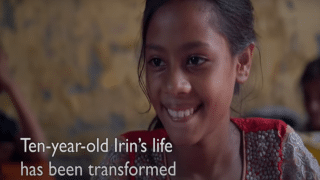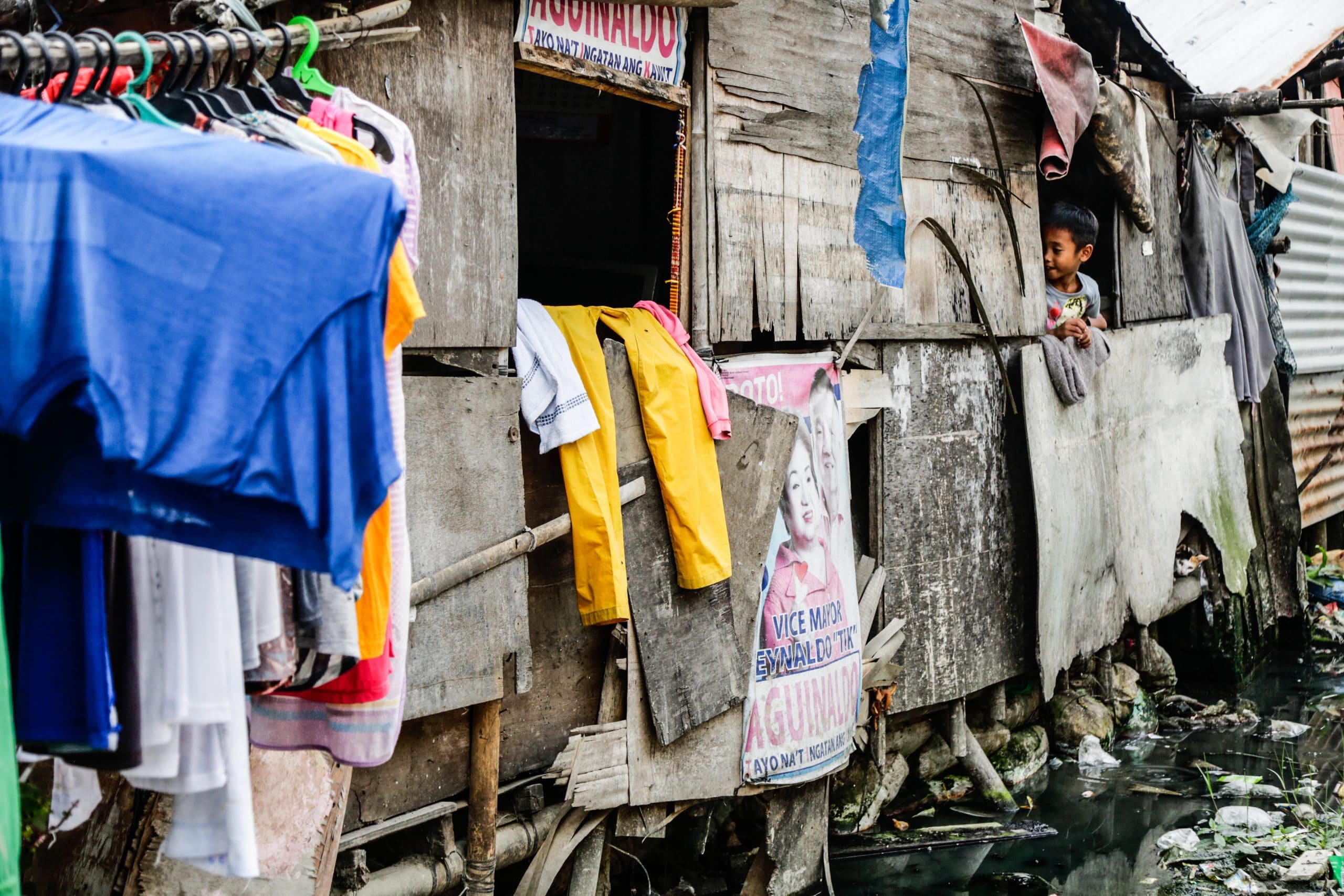Our Story The founders, Valérie Dumans and Philippe de Roux, met in the Philippines while working for the UPLiFT social micro-credit programme supported by the Inter Aide association. It is by sharing the lives of the inhabitants living in the slums of Manila that it hit them: the daily reality of water issues and its exorbitant price, lock the most precarious families into a vicious circle of poverty.
Enriched with several years running a plumbing integration company in France, Philippe de Roux decided to build a solution for the urban inclusion of vulnerable urban neighbourhoods. Sharing his ambition with Valérie, the two had the idea of a model based on access to water and community mobilisation. The complementary nature of their sensibilities and know-how was the driving force behind the co-founding of the project in 2008.
In spite of the challenges and difficulties, this dream became real. Eau et Vie provides more than 52,000 inhabitants of 26 slums in the Philippines and Bangladesh with access to drinking water and complementary services.


